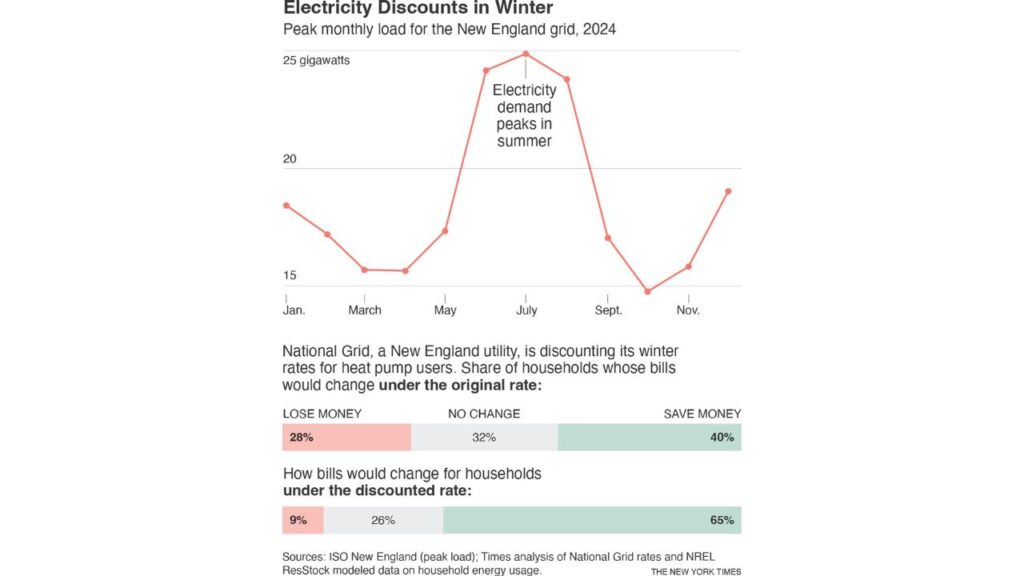Share
This year, women are poised to make great gains in congressional representation.

Jeffrey Lazarus

Amy Steigerwalt
The 2018 election is reminiscent of the “year of the woman.” In 1992, women ran for office in numbers previously unseen in American politics. The results were dramatic. After the elections, the number of women in the House jumped from 33 to 55, and the number of women in the Senate tripled to six.
Skeptics may wonder, does the gender of the person who represents you in Congress really matter?
We argue in a new book that the answer is most certainly yes. Women have a harder time winning reelection than men do, and as a result they work harder in office to serve their constituents.
Working Harder for Votes
A large amount of research has shown that female candidates face many more obstacles when running for office than men.
For instance, the media treats female candidates for office differently than male candidates. The media generally does not give as much coverage to women as men, although some data show that disparity may be easing. However, it is still true that the stories published about female candidates overwhelmingly focus on soft news aspects of the race, such as women’s appearance or their family lives, as opposed to their policy positions. Simply adding information about a female candidate’s clothes to a news story – such as discussing Nancy Pelosi’s heels or Elizabeth Warren’s glasses – has been found to decrease the likelihood of voters casting a ballot in their favor.
Women must also contend with voters who hold gender stereotypes and interest groups or potential donors who often do not take female candidates as seriously as they do male ones. A recent experimental study finds that at least some voters explicitly prefer male candidates, even when evidence clearly indicates the female candidate is more qualified. Survey data also reveals a sizable segment of the population, 39 percent, explicitly favors a majority-male government – as opposed to only 9 percent who report a preference for a majority-female government.
Aside from these concrete electoral factors, there are a number of ways women both inside and out of politics are socialized to doubt their own abilities, leading them to perceive the electoral environment as being tilted against them, even more than it actually is.
We argue in our book that all these forces result in female politicians believing that they must spend more time guarding against opposition from constituents, potential challengers and even other politicians. As a result, we demonstrate that female officeholders adopt a distinctly different approach to legislating than men – an approach that results in women providing better representation for their constituents.
Are Women Better Representatives?
Here’s the support for this argument we’ve found:
First, women spend more time and effort communicating with their constituents than men.
Even in the 21st century, old-fashioned snail mail is one important way that members inform voters of what’s going on in Congress. Members of Congress send out well over 100,000 pieces of mail a year on average. They do so because it helps them curry favor with their voters and ultimately win elections. And, female House members send on average 17 percent more mail to constituents than men do.
Another important way members interact with constituents is by stationing staff members in offices in their home states and districts. These staff members perform casework and other services for voters. We find, after controlling for a number of alternative explanations, that female senators post an average of 3.5 more staff members in their home state offices than men do.

Women in Congress deliver more spending to their districts than their male counterparts.
For example, we examined the money spent as a result of the stimulus package Congress passed in response to the 2008 recession. On average, even after controlling for factors such as population density and poverty level, we find that House districts represented by women received $55 million dollars worth of stimulus funds. Meanwhile, House districts represented by men received only an average of $35 million.
Third, we find female Congress members more closely represent their constituents’ interests and needs when participating in the legislative process. When we crunched the data, we find that female members are more likely than male members to take on committee assignments that reflect the interests and demands of their districts. Women also introduce more bills related to policy areas that are important to their constituents, and, based on an assessment of the correspondence between district interests and member ideology, they are more likely to vote in ways that reflect their constituents’ needs.
The Case for Women in Office
There are other intuitive reasons why electing women is important. For example, electing women makes Congress better reflect the number of women in the United States. Women make up 51 percent of the United States’ voting population, but currently only 20 percent of Congress members.
Electing women would likely also increase the amount of time Congress spends on so-called “women’s issues” such as education, sexual harassment and family leave. Female legislators at all levels are significantly more likely to devote their time and energy to these issues, so electing more of them increases the amount of pressure they can put on the chamber as a whole to take them up.
![]() However, electing women is not simply about identity politics. Yes, electing women is important for women. But we also find that across a wide range of activities, women take their constituents into account more than men do. This gives us a Congress that better represents America and its varied interests as a whole.
However, electing women is not simply about identity politics. Yes, electing women is important for women. But we also find that across a wide range of activities, women take their constituents into account more than men do. This gives us a Congress that better represents America and its varied interests as a whole.
Jeffrey Lazarus, Associate Professor of Political Science, Georgia State University and Amy Steigerwalt, Associate Professor of Political Science, Georgia State University
This article was originally published on The Conversation. Read the original article.
Categories

US and Uzbekistan Sign Critical Minerals Pact

Madera Police Seek Help Identifying Theft Suspect
















